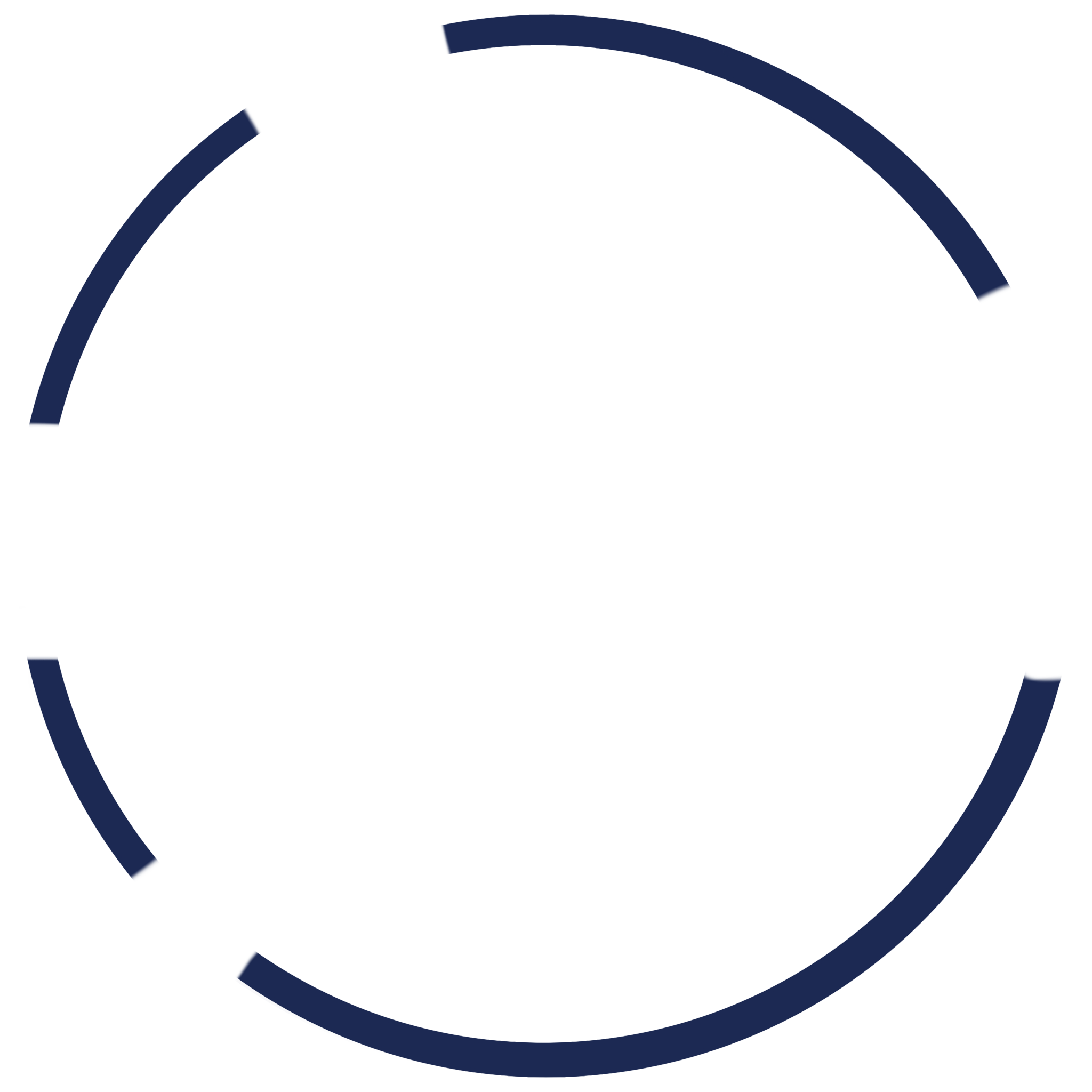





Meetups
Beijing District Meeting
In April, we attended an offline meetup launched by iBowu-China. Eight teams from Beijing joined in the meetup to share their brainstorm ideas and discussed about the feasibility. In the fierce inspiration collision, we obtained new thoughts about project orientation.
After sharing our idea about DeCaffi, other teams discussed with us about current decaffeinate methods, from traditional treatment of coffee bean to newly developed physical adsorption method, and inspired us to find unique value of our method. We also presented the 2020 UCAS-China SHEEP project and shared our experience on capsule building with teams who wanted to construct a capsule this year. In the end of our presentation, we put forward the idea of building an open online platform for iGEM education, the positive feed back strengthened our determination to bring this grand vision to practice.
During the meet up, Jiao Zhandong, former leader of QHFZ-China and Ambassador of after iGEM Asia, shared his opinion on human practice, and emphasized the importance of establishing two-way interaction between project and its objects, between lab and community. The open-to-the-public concept of iGEM had also guided us to bring closer science and humanity through practice.

Conference of China iGEMer Community (CCiC)
The 8th CCiC was held in Shanghai, from August 27th to 29th, we swam in the ocean of wandering ideas and were once again amazed by the unlimited possibilities of iGEM. Though because of the pandemic we can only participant in the conference online, but thanks to the organizers for their careful preparation, we were still positively involved and had full discussion and pleasant communication with judges and other iGEMers.
In the conference, we gave presentation of DeCaffi and sought advice from judges and iGEMers, we had a 30 minutes discussion with iGEMers from other teams in our virtual meeting room. We also listened to other iGEM teams’ presentation and were excited to find collaboration opportunities. The online workshop of HP helped us to thoroughly thought through the stakeholders relative to our project and inspired us to find communication opportunity with the society from around.
We wish the communication and friendship with other teams can continue and we are looking forward to participate in CCiC offline next time.

Along with other teams
NAU-China
During CCiC, we were struggling on directed evolution experiments. After listening to the presentation of NAU-China, we were impressed by their careful error-prone PCR experiment design. Thus, we invited them to share with us their experience on epPCR and directed evolution. After discussion, we came to a conclusion that due to the high time consuming of directed evolution process, it should be the bonus instead of the main body of the project. Depending on this idea we modified our experiment plan so that we can ensure the integrity of DeCaffi while demonstrate the feasibility of using directed evolution to construct Cdh and CkTcS that can be used in various caffeine containing beverages.
During the meeting, we also discussed about plans of new team member education and training with NAU-China and gladly invited them to join in the construction of iGEM EduHub. We are very grateful to NAU for helping us popularizing the construction of this online education platform in Nanjing district.

HUST-China and HUST2-China
Several members from HUST-China and HUST2-China went to the University of Chinese Academy of Sciences in September as joint education student. How can we miss this opportunity of meeting iGEMer friends from other teams face to face! In October 9th, we invited them to share with us their projects and iGEM experiences, thus launched the first HUST-UCAS meetup.
This year, HUST-China successfully produced harmless hair dyes and perms using pigments and small peptides synthesized by yeast. HUST2-China is devoted to acne treatment with antimicrobial peptides and proteins that can treat and repair the wounded area.
In the meetup, we introduced each team’s project and had a brief discussion on biosafety and experience on how to successfully purify proteins. We were deeply impressed by the hardware-a combination of fermentation tank and hair dying equipment made by HUST-China, with beautiful model diagrams and a 3D printing model. The detailed description of the hardware and its display mode by HUST-China lead us to design a better delivery method of our own hardware.
Beyond the competition, we discussed about the new member recruitment strategies and process. Members of HUST-China mainly major in Biology and they are trying to include students from other majors into the team, while our members come from many majors such as math and computer sciences, which made new member training harder. Through the discussion, we may help each other to solve some problem. We invited HUST-China and HUST2-China to join in the iGEM Online platform. We both hope that with the help of iGEM Online, more teams and students from other fields can join in the family of iGEM.






